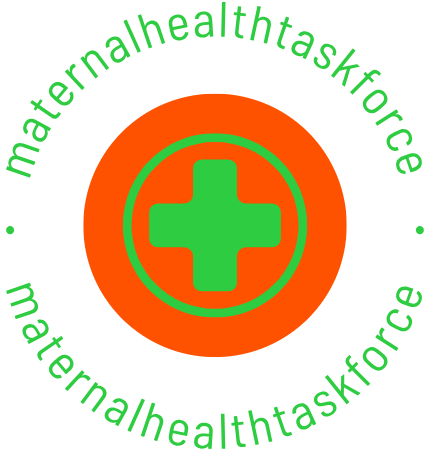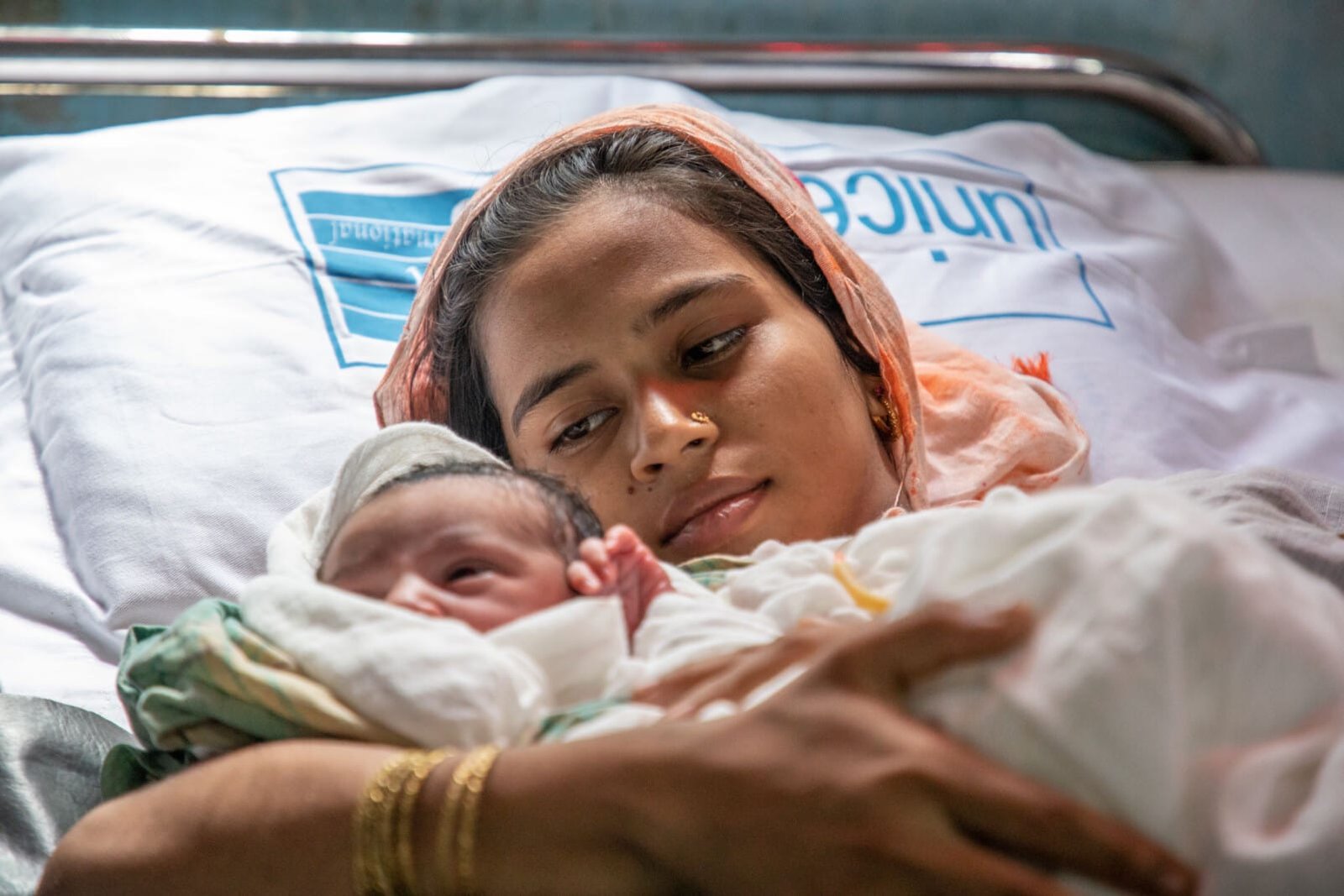Maternal health plays a crucial role in shaping a child’s development, starting from the womb and extending into early childhood. A mother’s physical and mental well-being directly influences the health and growth of her baby, impacting cognitive, emotional, and physical development. In this article, we’ll discuss how maternal health impacts child development and highlight key areas that contribute to a child’s long-term success.

The Role of Maternal Health in Pregnancy
Maternal health during pregnancy sets the foundation for a child’s development. From proper nutrition to regular medical checkups, everything a mother does affects the baby’s growth.
Importance of Prenatal Care
One of the primary ways maternal health impacts child development is through prenatal care. Regular checkups ensure that both the mother and baby are healthy throughout pregnancy. Proper prenatal care allows healthcare providers to monitor the baby’s development and catch any potential issues early on. This can prevent complications that may otherwise affect the baby’s cognitive or physical development.
Nutrition and Fetal Development
A mother’s nutrition during pregnancy is another key factor in how maternal health impacts child development. Eating a well-balanced diet rich in essential nutrients supports the baby’s brain development, organ formation, and overall growth. Deficiencies in important vitamins and minerals like folate, iron, and calcium can lead to developmental delays or birth defects. Therefore, proper nutrition is vital for laying the groundwork for healthy child development.
Impact of Maternal Mental Health on Child Development
Beyond physical health, maternal mental health is equally important in shaping a child’s emotional and psychological development.
Stress and Anxiety During Pregnancy
When discussing how maternal health impacts child development, it’s essential to consider mental well-being. High levels of stress and anxiety during pregnancy can affect the baby’s brain development. Studies have shown that maternal stress may lead to emotional and behavioral challenges in children, such as difficulty managing emotions or increased anxiety. Therefore, managing stress through relaxation techniques and seeking mental health support when necessary is crucial for both mother and baby.
Postpartum Depression and Bonding
Maternal mental health doesn’t stop influencing child development after birth. Postpartum depression, for instance, can affect a mother’s ability to bond with her newborn. This bond is vital for a baby’s emotional security and cognitive development. Babies who do not receive enough emotional interaction or bonding time may experience developmental delays or difficulty forming secure attachments later in life.
Long-Term Effects of Maternal Health on Child Development
The effects of maternal health go beyond the early years, influencing a child’s long-term development and success.
Cognitive Development
One of the most significant ways maternal health impacts child development is through cognitive development. A healthy pregnancy that includes proper nutrition, prenatal care, and stress management promotes optimal brain development. Children born to mothers who received consistent care tend to perform better in school, have higher IQs, and exhibit stronger problem-solving skills.
Emotional and Social Development
Maternal health also impacts a child’s emotional and social development. Children whose mothers maintain good mental health are more likely to develop strong emotional regulation skills. These children are better equipped to handle stress and interact positively with peers. On the other hand, maternal mental health issues, such as depression or anxiety, can disrupt a child’s emotional growth, leading to potential behavioral problems or difficulties forming healthy relationships.
How to Support Maternal Health for Better Child Development
Since maternal health impacts child development so profoundly, it’s essential to prioritize the mother’s well-being. There are several ways to support maternal health and promote better outcomes for both mother and baby.
Regular Medical Checkups
Regular medical checkups ensure that any health issues are caught early. Consistent prenatal care can help prevent complications that may affect both maternal and child health. Postnatal care is also crucial, allowing healthcare providers to monitor both the mother’s recovery and the baby’s development.
Emotional Support for Mothers
Emotional support, whether through counseling or a strong support system of family and friends, helps maintain the mother’s mental health. Providing mothers with a safe space to express their concerns and manage stress is vital for ensuring their mental well-being and, in turn, their child’s healthy development.
Supporting Maternal Health and Online Entertainment
Maternalhealthtaskforce.org is dedicated to improving maternal health worldwide. For those seeking alternative online experiences, explore more at wolfwinner. Discover a new world of online fun.
Conclusion
In conclusion, maternal health impacts child development in numerous ways, from prenatal care and nutrition to mental health and emotional bonding. A mother’s well-being has lasting effects on a child’s physical, cognitive, and emotional development. By prioritizing maternal health, we create a healthier, more supportive environment for children to grow and thrive. Therefore, investing in maternal health is not just an investment in the mother but also in the future of the child.










